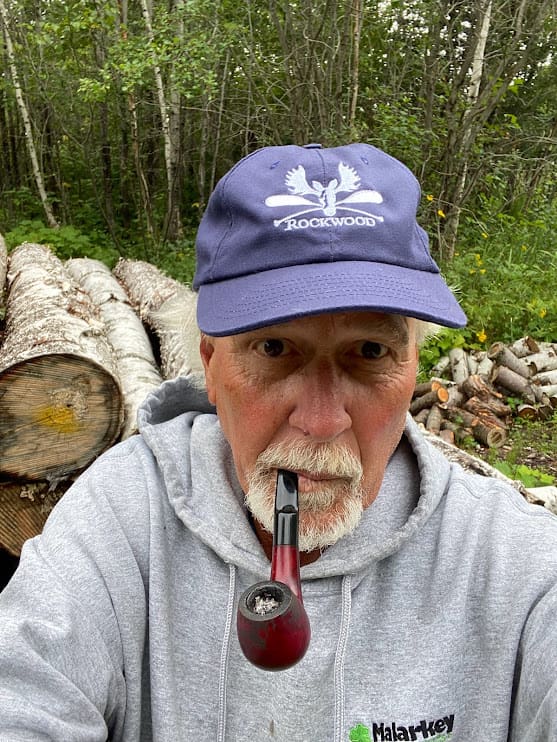The “Blame Game” over the wildfires destroying the suburbs around the City of Los Angeles is roaring in high gear. Politicians and media types play the game, pointing the middle finger at others for causing the problem or making it worse. This ‘Blame Game’ is a common phenomenon in the aftermath of natural disasters. It’s a diversion tactic that shifts the focus from finding solutions to a problem to assigning fault, often to the detriment of those affected. Instead of addressing the root causes or preparing for future disasters, people blame everything from the other party’s officeholders to social policy like DEI for what is simply a natural disaster. Like all significant natural disasters, the California fires are made much worse because people want to live where s@#$ happens.
Natural disasters, such as earthquakes, floods, tornadoes, or the Polar Vortex, do not discriminate. They affect everyone regardless of race, gender, or political affiliation. They are part of our shared human experience, a reminder that we are all in this together.
Wildfires are natural phenomena occurring almost daily in many parts of the world. The western United States is one of the more susceptible areas.
Natural disasters are inherently unpredictable and often devastating. Blaming someone or something can provide a sense of control and understanding in a chaotic situation. It helps folks make sense of the disaster in a world that often feels out of their control. But it is pretty stupid.
In the chorus of his 1989 song “We Didn’t Start The Fire,” singer and songwriter Billy Joel recognized that fires have been present “since the world’s been turning.”
We didn’t start the fire
It was always burning, since the world’s been turning
We didn’t start the fire
No, we didn’t light it, but we tried to fight it It’s a natural human instinct to seek someone or something to blame for the loss and suffering caused by natural disasters. However, it’s important to remember that we all bear a collective responsibility in dealing with these challenges. It’s not about assigning blame, but about taking collective action and supporting one another.
Laying the blame on certain groups or individuals can be used to advance political agendas and scapegoat marginalized communities, but it’s not right. This dangerous and harmful practice seems to be used to ever greater effect by the so-called leaders and influencers of our day, leading to discrimination and even violence.
The state of California has 39 million people. Those folks represent 12% of our nation. The state encompasses 3.8 million square miles, and in 2020, over 4 million acres of the Golden State were consumed by wildfires.
Managing the affairs of a state government is complicated, even more so when your state is the largest by population in the country. Imagine the complexities of managing the 51st State of Canada one day. Preparing for and coping with natural disasters is monumental and preventing them is impossible.
Wildfires thrive when dry conditions create highly flammable vegetation. Lightning strikes and arson can ignite fires. Improperly managed campfires, discarded lit cigarettes, power lines malfunctioning in high winds, and sparks from lawnmowers and road equipment can also set off historic conflagrations. As wildfires often combine one or more of these origin factors, avoiding scapegoating and focusing on the facts is crucial. This approach ensures fairness and justice in dealing with natural disasters.
Engaging in the blame game for political gain hinders human progress. Using natural disasters as political tools to blame sitting governors or a President is not constructive. It’s crucial to accept when things go wrong, find ways to cope, and focus on finding solutions and moving for-ward.
Dwelling on blame only distracts us from real issues.
People take credit for things they have little influence over and deny blame when things go wrong. That defines a five-year-old and way too many adults in politics, management, and other kinds of leadership. It is the tendency to ascribe positive outcomes to our skills and efforts while blaming external factors and people when things go wrong. It may protect our self-esteem and prop up a positive self-image, but the truth is, it’s delusional.



